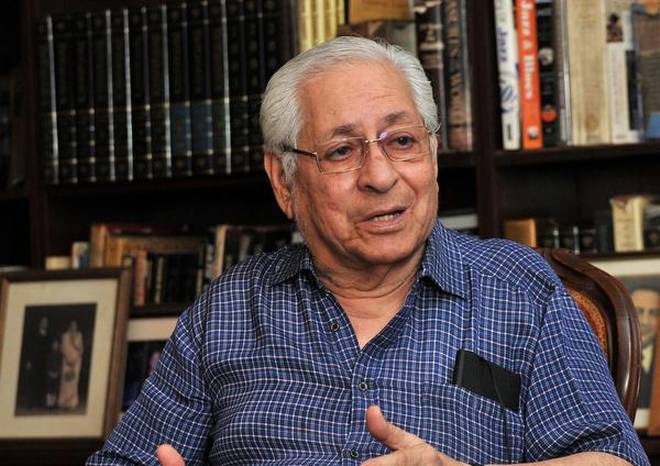
NEW DELHI (TIP): The landmark verdict of the Supreme Court ruling on right to privacy as a fundamental right was on August 24, 2017 welcomed by jurists and senior advocates who termed it as “progressive” and protective of “the basic right”.
They, however, said the verdict’s impact on Aadhaar scheme can be assessed once the full judgement and reasons given by the court are examined.
Lauding the unanimous verdict of the nine-judge bench, senior advocate Soli Sorabjee said it showed the “good approach” of the Supreme Court which does not hesitate in over-ruling its previous judgements.
The former Attorney-General said, “It is a very progressive judgement and protects the fundamental rights of the people. Privacy is a basic right which is inherent in every individual.”
“The unanimity of the bench in giving this decision shows a very good approach of the Supreme Court. Any judgement which enlarges the fundamental rights of the people should be welcome,” he added.
Expressing hope that the citizens of India would now be protected from any kind of snooping, senior advocate Indira Jaising said, “It is a day to celebrate.”
“Privacy is fundamental. It certainly has an impact on the day-to-day life. This verdict prevents any kind of snooping,” she said.
Mr. Sorabjee, on being asked about its impact on Aadhaar, said the reasoning of the apex court needs to be examined and one cannot say that Aadhaar will now be banned. “You cannot make a blanket and categorical statement that Aaadhaar will be banned or is unconstitutional. No fundamental right is absolute. It is always subject to reasonable restrictions.”
Ms. Jaising too said what impact it will have on Aadhaar was a separate issue but privacy cannot be compromised after this verdict.
Welcoming the decision, BJP spokesperson and senior advocate Aman Sinha, termed it a “good verdict” but with reasonable restrictions.
“We welcome this judgement. This is a good verdict. The Supreme Court has declared the Right to Privacy under Article 21 of the Constitution. But like other Fundamental Rights, this is also subject to reasonable restrictions. We are awaiting the full judgement,” Mr. Sinha said.
(Source: PTI)




Be the first to comment